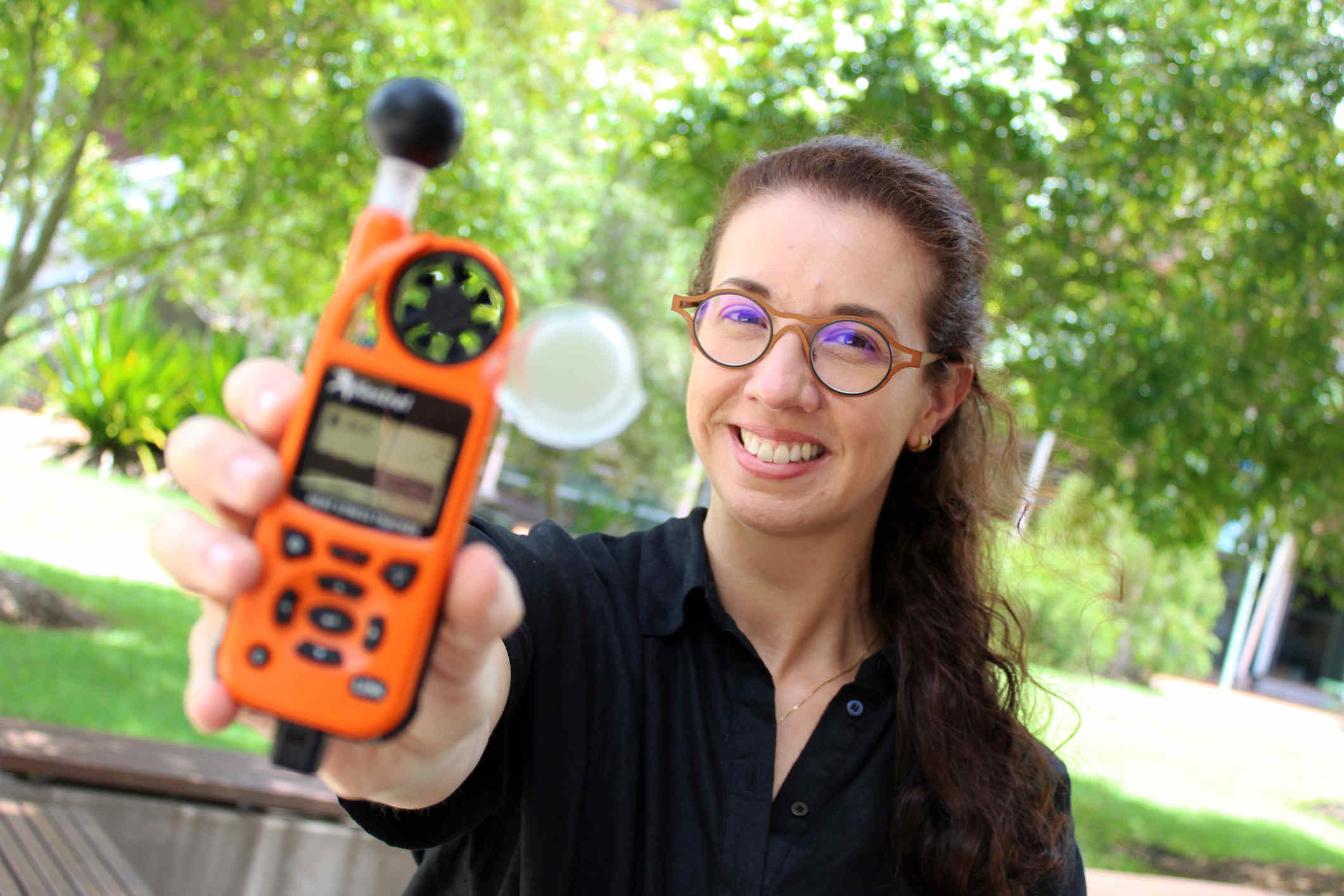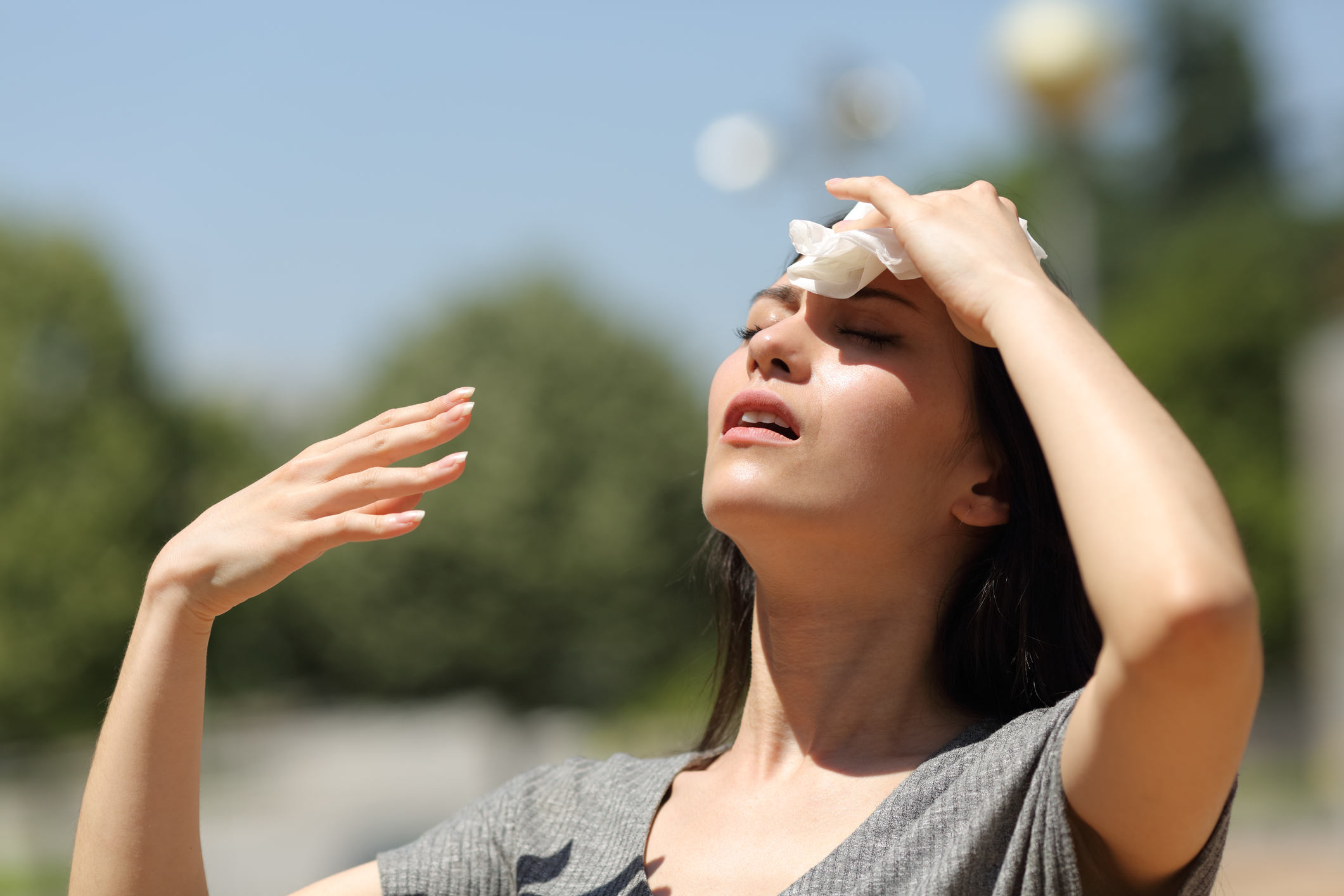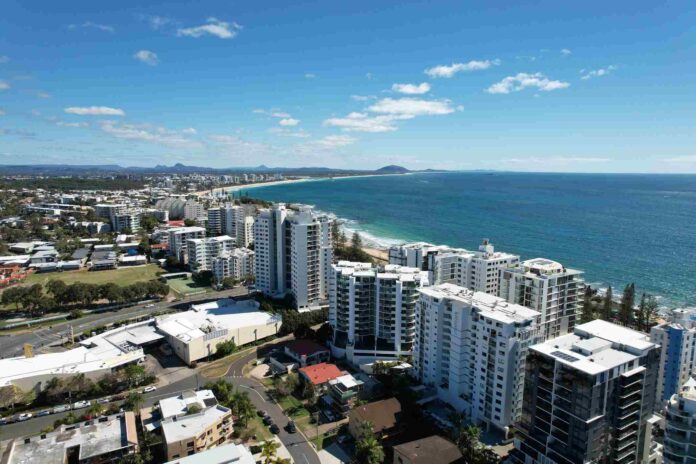A study is underway to find and reduce ‘hot spots’ of the Sunshine Coast, as the region braces for a future of soaring temperatures.
The Cool Urban Forests project is being delivered through the University of the Sunshine Coast and Sunshine Coast Council’s Regional Partnership Agreement.
The research aims to investigate hot spots and better understand how urban forests can minimise heat risks.
Project lead Dr Silvia Tavares, a UniSC Senior Lecturer in Urban Design and Town Planning, said heat absorbed by buildings and pavements became trapped, which could cause urban areas to heat up, sometimes up to five degrees Celsius hotter than rural areas.
Do you have an opinion to share? Submit a Letter to the Editor with your name and suburb at Sunshine Coast News via: news@sunshinecoastnews.com.au
An urban area where higher temperatures occur from trapped heat is known as an ‘Urban Heat Island’, and the UHI effect adds to heatwave risk.
“Planting trees in the streets, parks, and gardens of our urban areas is vital to reduce UHI effects and prepare our community for the heat-related impacts of climate change,” Dr Tavares said.

Trees provide shade, and the water in their leaves also cools the air by taking heat energy from the environment and lowering the air temperature.
The two-year project will look at how mapping technologies like satellite imaging and airborne surveys using laser and thermal sensors, can find neighbourhood hot-spots that may be trapping the heat.
“Once potential hot-spots are found, we will create a sophisticated 3D ‘microclimate model’ for various neighbourhoods, to help us understand what might be causing the overheating down at the street level,” Dr Tavares said.
“We can also change the 3D model and look at possible future urban developments, to look at different sizes or species of trees, improved building and roof materials, or higher and lower urban densities.
“The research will help council understand how mapping, sensor and modelling technology can help inform and improve policy and planning for urban design.
“Development rules and urban design processes can be complex, and this research will help guide council to find the right place for the trees, so they can keep us cool.”

Environment and Liveability Portfolio Councillor Maria Suarez said the Cool Urban Forests project would help us understand the impacts of rising heat and enhance the future liveability of our region.
“These types of projects and partnerships demonstrate what it means for our region to be a UNESCO Biosphere as we continue to learn and deliver sustainable outcomes,’’ Cr Suarez said
“This is a really exciting project and council looks forward to seeing what the results mean for future urban design.
“In 2016, Sunshine Coast Council commissioned a CSIRO report – ‘Future Climate of the Sunshine Coast’, which showed we will be exposed to increases in average temperatures and more days over 35 degrees Celsius.
“This information can help planners and designers provide cooler and more comfortable open spaces for our community.
“This research will provide evidence to support council’s efforts to advocate and regulate for positive change, while informing future design opportunities and communicating ways of using our urban forests to mitigate the heatwave impacts of climate change.”
SUBSCRIBE here now for our FREE news feed, direct to your inbox daily!





